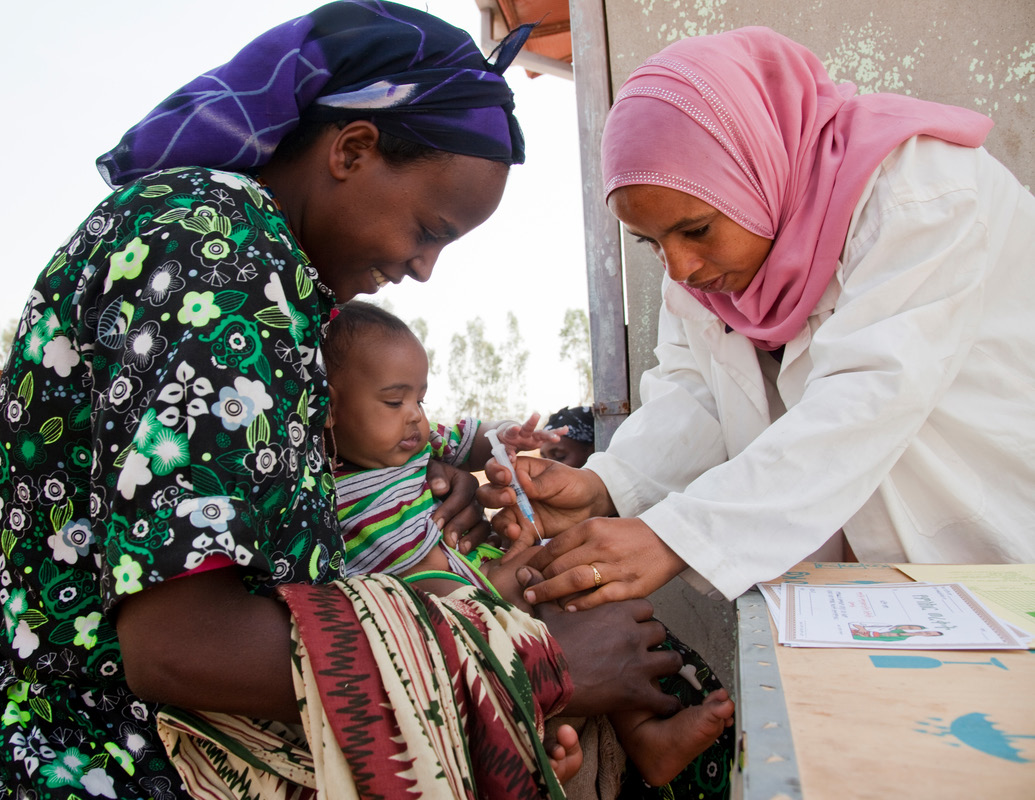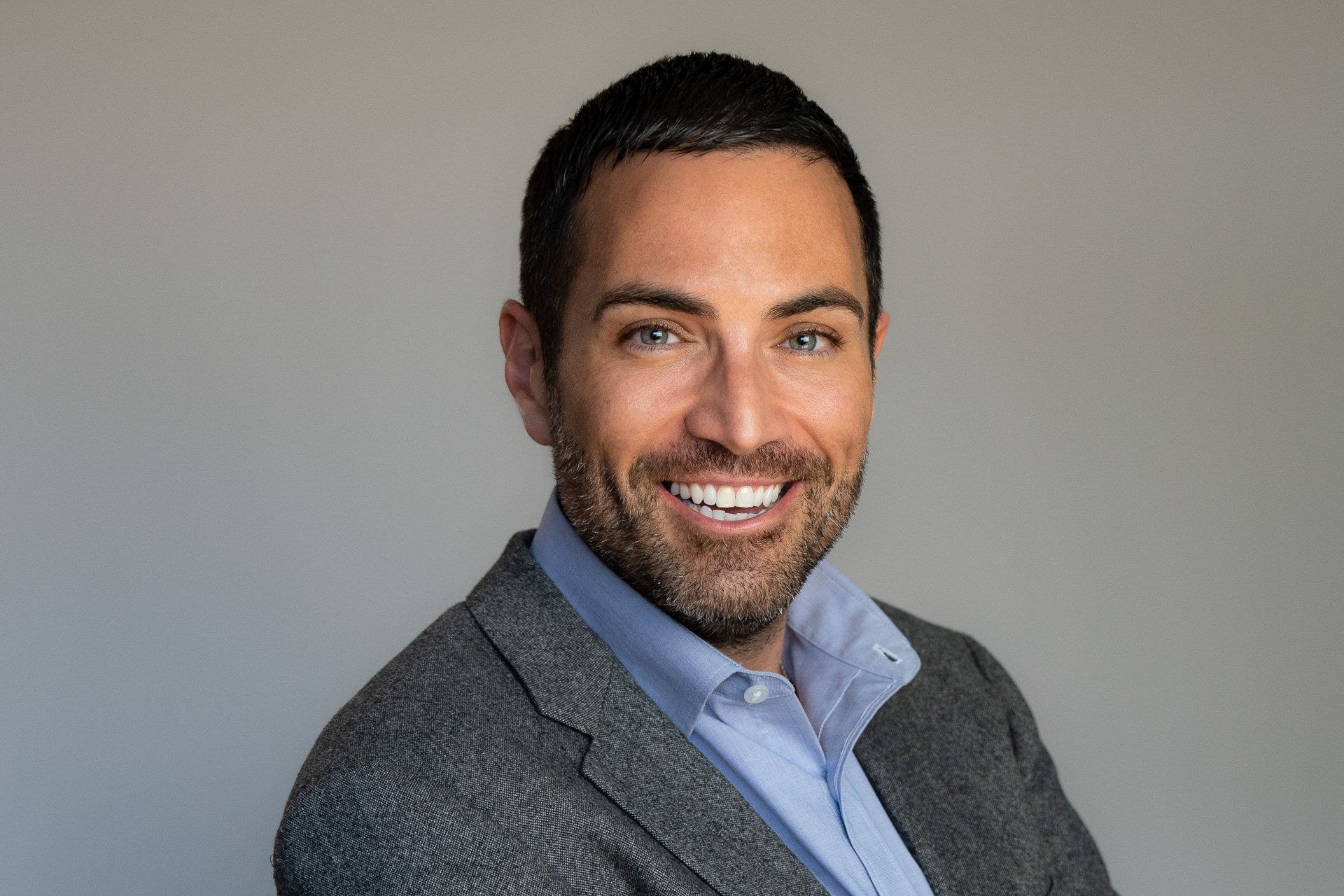Shifting the power to local humanitarian leadership: One philanthropic collaborative’s journey

Local disaster-affected populations and leaders are the first to respond to a crisis. They are also the ones who remain throughout the disaster recovery period. Yet they are rarely the ones making the decisions about how best to meet local needs. And they only receive a fraction of the humanitarian funding. How is philanthropy playing its part in the localization of aid and shifting greater power to local actors?
Localization
The first-ever World Humanitarian Summit in 2016 agreed on a new agenda for the localization of aid, with participants committing to an agreement called the “Grand Bargain” that would increase international investment in the leadership, capacity and delivery of local humanitarian organizations. Having attended the Summit in Istanbul in 2016 with the world’s political, humanitarian, development and peace-building actors, I remember how optimistic the atmosphere was. We were at a transformational turning point, or so I thought.
Since then, many funders in the aid sector have made broad commitments to localize aid and put the agency into the hands of those closest to the issues, yet progress toward this goal has not only backtracked but fallen further to a five-year low, with only 1.2 percent of international humanitarian assistance going directly to local and national actors (LNAs) in 2021.
According to The State of Global Giving by U.S. Foundations, this figure is likely higher for philanthropy, with roughly 13 percent of U.S. foundations’ global grant dollars going to organizations based in the country where programs were implemented in the 2016-2019 period.
Strengthening Local Humanitarian Leadership Philanthropic Collaborative
When I joined CDP in 2021, I learned that in 2018, the Bill & Melinda Gates Foundation, with CDP’s facilitation and subject-matter expertise, convened a group of like-minded funders. These funders formed the Strengthening Local Humanitarian Leadership (LHL) Philanthropic Collaborative. CDP, as lead convenor and facilitator of the Collaborative, alongside our fellow US-based funders, committed to supporting and enabling the capacity and reach of local humanitarian responders by investing in initiatives and grantmaking practices that measurably shift resources and power for decision-making to the affected persons and communities.
The group has grown and evolved from its initial focus on learning and sharing funder practices to collaboration, co-funding and creating opportunities for greater pilot initiatives, learning and innovation. We aim to prioritize equity, trust, solidarity and local partnership in humanitarian action in response to existing power imbalances and the systems that perpetuate inequity in partnerships and outcomes.
Specifically, we are a group of grantmakers who meet monthly to:
- Advance an agenda across philanthropies to support the leadership and capacities of local actors by making tangible changes within our practices related to funding allocations, policies and procedures.
- Provide thought leadership and promising practices to peers in the philanthropic sector for strengthening locally-led humanitarian action and equitable local partnerships.
- Leverage the group’s resources for tangible collaborations and individual or collective action with measurable results that align with local actors’ priorities and needs.
Reflections from LHL members
With recent reports showing a reversal in progress toward global localization commitments made in 2016, initiatives like this collaborative are more critical than ever. With this renewed sense of purpose and commitment, we asked a few of our committed members and peers to reflect and share what participation in the group has meant for them, their work and their organization:
“The LHL Collaborative has been a fantastic forum to understand what great public and private philanthropic organizations are doing in the areas of grant making, funding strategies, emergency response best practices and a host of other effective local humanitarian responses. The Collaborative provides excellent tools, insight, educational content and a platform to openly discuss challenges.” – Dan Keim, The UPS Foundation
“Being part of a collaborative of like-minded peers who are excited about learning from each other and who are humble to request thought partnership on ways we can move the needle to increase funds going to local partners is what drives my participation, especially since it has resulted in tangible collaborations to fund local partners.” – Pilar Pacheco, Bill & Melinda Gates Foundation
“Through the LHL Collaborative, we have a dedicated space to discuss the common challenges we seek to overcome as donors and intermediaries in order for community leaders to be at the forefront of change.” – Sandrina da Cruz, GlobalGiving
“To achieve the vision of local leadership of the peace, development, and humanitarian sectors will require bold collaborative efforts– not only changing our organizations’ internal practices of funding and partnership, but also working together to create space for new ways of working in the system. I hope this funders group continues to be a vehicle for collaborative action that is more than the sum of its parts.” – Lexi Ferry-Smith, Humanity United
Tracking our progress
In 2022, the Collaborative took the data that showed a reversal in gains made toward more localized humanitarian action as a collective call to action. We developed progress and performance indicators and started tracking progress against these as we increase efforts to hold ourselves collectively accountable for achieving our stated mission. We want to make sure that we are walking the talk and actively shifting the power in the way we all believe it must. You can find our initial 2022 collective baseline data here. We commit to publicly publishing this data annually, so you can continue to follow our progress.
If you are looking for more information on localization, CDP has an issue insight and a toolkit you can explore. If you want to learn more about the Collaborative or how to get involved with this group of funders, please contact Alex Gray, CDP’s Director of International Funds and chair of the Collaborative, at alex.gray@disasterphilanthropy.org.
The Strengthening Local Humanitarian Leadership (LHL) Collaborative is generously supported by the Bill & Melinda Gates Foundation, Hilton Foundation and Margaret A. Cargill Philanthropies. A complete list of our members can be found here.
